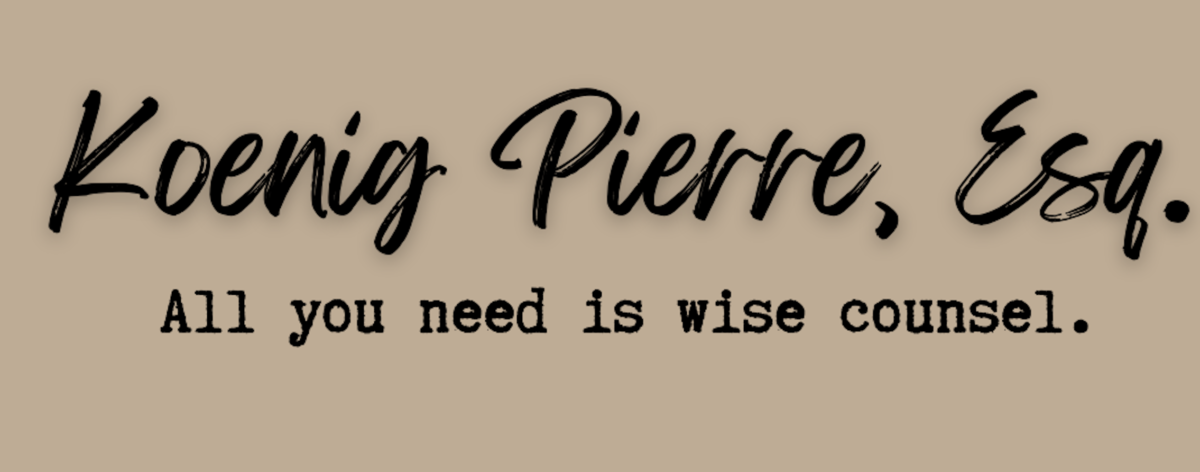Property owners have a duty to exercise reasonable care to ensure people are protected from an unreasonable risk of harm while on their property. The property owner must exercise a duty of care that a reasonably prudent person would exercise under the circumstances. This includes a duty to inspect the premises a duty to repair or warn visitors of dangerous conditions on the property. If the owner knows of a dangerous condition on the property but fails to do anything about it, the owner may be held liable for any injury suffered by visitors due to that condition.
If you are injured in a public place, there are certain steps you should take to protect your legal rights and to ensure that you are in the best position to receive a favorable outcome. It is important to report the incident, document your injuries, gather evidence, and seek immediate medical attention to support your claim. Additionally, you will have to contact a New York premises liability attorney who can help you seek damages from the party(s) responsible for your injuries. By taking these steps, you can ensure that you receive the compensation you deserve for your injuries.
Who Is Liable?
Every day, many people are injured in slip-and-fall accidents. Best case scenario, the injury results in a minor embarrassment, and the injured party will simply get up and walk it off. However, the unlucky will suffer significant injuries that will require emergency medical care, loss of income due to an inability to work, or long-term disability.
If you injure yourself as a result of your own negligence within a public space, the liability may be your own. However, if you slip and fall on a sidewalk because the owner of the property neglected to clear the sidewalk of snow or ice, the owner of the property may be liable for your injuries. If you have suffered an injury from a slip and fall and the owner of the property is the State of New York, the City of New York or any other municipality or state government agency, you must file a notice of claim with the state before starting any action or special proceeding for personal injury, wrongful death or damage to real or personal property alleged to have been sustained by reason of the negligence or wrongful act of the municipal entity or of any officer, agent or employee thereof (GML §50-i.). A lawsuit against the State of New York may only be filed in the Court of Claims.
What Should You Do When Injured In A Public Place?
1. Seek Medical Attention Immediately.
It is important for your health and your case that you seek medical attention, as soon as possible. Although, certain injuries may be apparent immediately, such as a broken bone, soft tissue injuries may manifest over time. It is imperative to have a medical professional document your injuries. Your medical records will become critical pieces of evidence for a personal injury case.
2. Gather Information From The Scene Of The Fall.
Examine the area of your fall and identify the reason for your tumble. Take photos and videos of any obstructions, wetness, cracks or raises on the ground that may have caused you to trip. Speak to any witnesses of your fall and obtain their contact information. Also, request the security footage from the property owner.
3. Notify The Property Owner Of The Incident.
Report the incident to the property owner. Private property and other public spaces that open to the public, such as restaurants, shopping malls and super markets have their procedures for reporting injuries which occur within their establishment.
4. File An Incident Report.
Regardless of where the slip-and-fall occurs, report the incident to the property manager or owner. Document the incident within a written report and obtain a copy before you leave.
5. Save Medical And Expense Records
Be sure to collect all medical records and keep track of expenses incurred as a result of the incident.
6. Contact An Attorney For A Free Consultation.
If you or a loved one has suffered an injury from a fall contact Koenig Pierre is a “Slip and Fall” lawyer in New York. He will thoroughly evaluate and build your case in order to obtain the best financial outcome. He will pursue a recovery for medical expenses, loss of income, loss of future earnings and pain and suffering.
